This weekend marks the one year anniversary of the largest single day protest in US history—the Women’s March—when on January 21, 2017, 4.2 million people marched across the US in more than 600 US cities, and from Antarctica to Zimbabwe, at least 261 more sister marches cropped up worldwide. To celebrate this pivotal protest, UC Press is highlighting titles across subjects as part of our Herstory series, with today’s focus on women’s health and self-help. While just a preview of our publishing “herstory,” these titles showcase the inspiring stories for the continuing fight towards reproductive justice and access to safe healthcare.
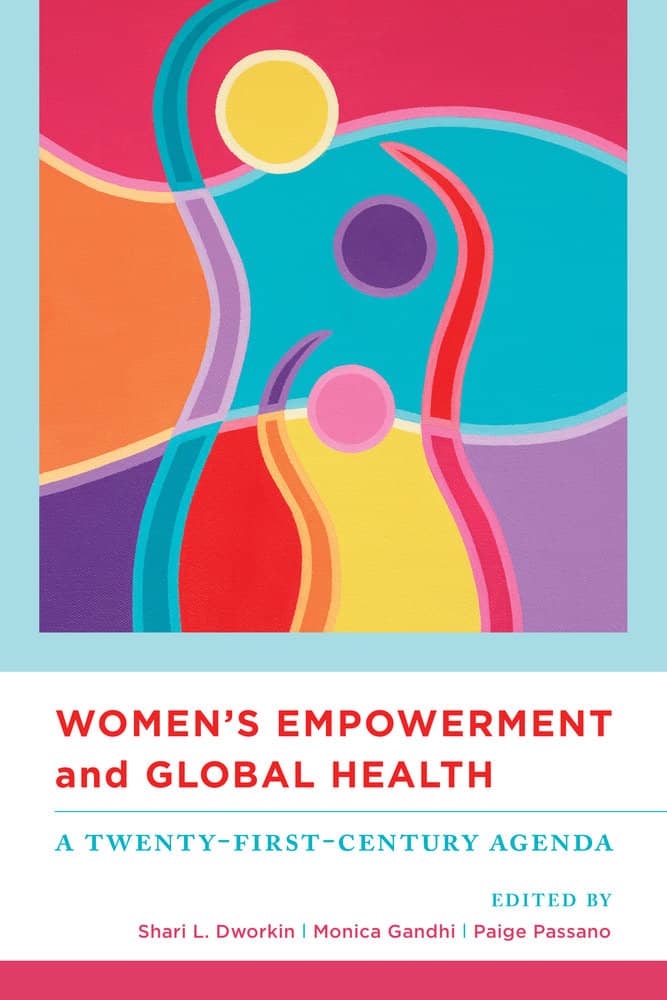 Women’s Empowerment and Global Health: A Twenty-First-Century Agenda
Women’s Empowerment and Global Health: A Twenty-First-Century Agenda
Edited by Shari Dworkin, Monica Gandhi,Paige Passano
Despite the rise of a human rights–based approach to health and increasing awareness of the synergies between women’s health and empowerment, a lack of consensus remains as to how to operationalize empowerment in ways that improve health. This volume presents thirteen multidisciplinary case studies that demonstrate how science and advocacy can be creatively merged to enhance the agency and status of girls and women.
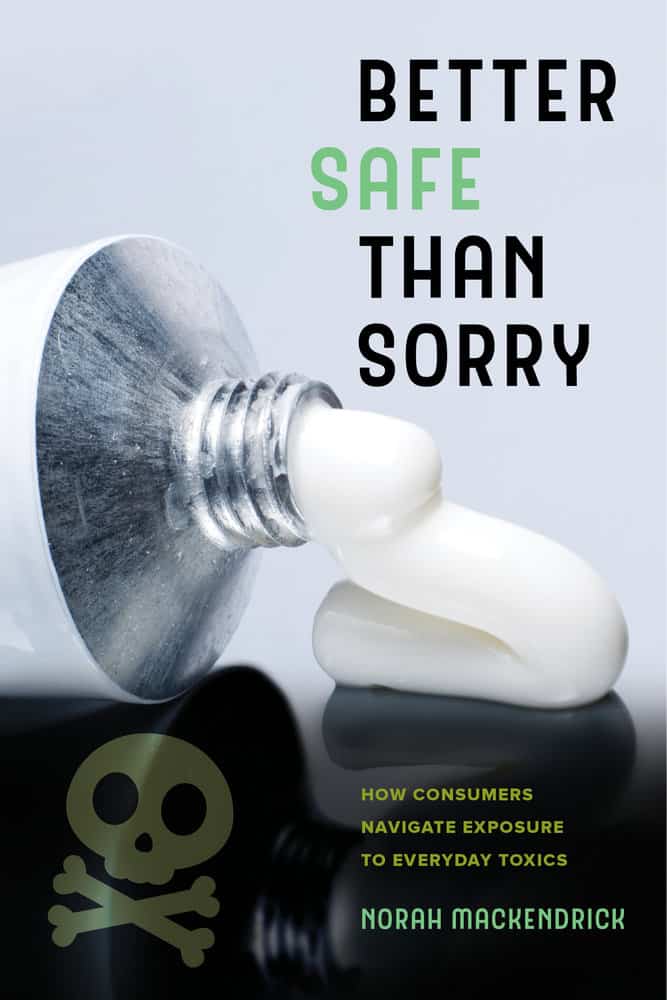 Better Safe Than Sorry: How Consumers Navigate Exposure to Everyday Toxics
Better Safe Than Sorry: How Consumers Navigate Exposure to Everyday Toxics
By Norah MacKendrick (Forthcoming May 2018; preorder today)
Through an innovative analysis of environmental regulation, the advocacy work of environmental health groups, the expansion of the health-food chain Whole Foods Market, and interviews with consumers, Norah MacKendrick ponders why the problem of toxics in the U.S. retail landscape has been left to individual shoppers—and to mothers in particular. She reveals how precautionary consumption, or “green shopping,” is a costly and time-intensive practice, one that is connected to cultural ideas of femininity and good motherhood but is also most available to upper- and middle-class households. Better Safe Than Sorry powerfully argues that precautionary consumption places a heavy and unfair burden of labor on women and does little to advance environmental justice or mitigate risk.
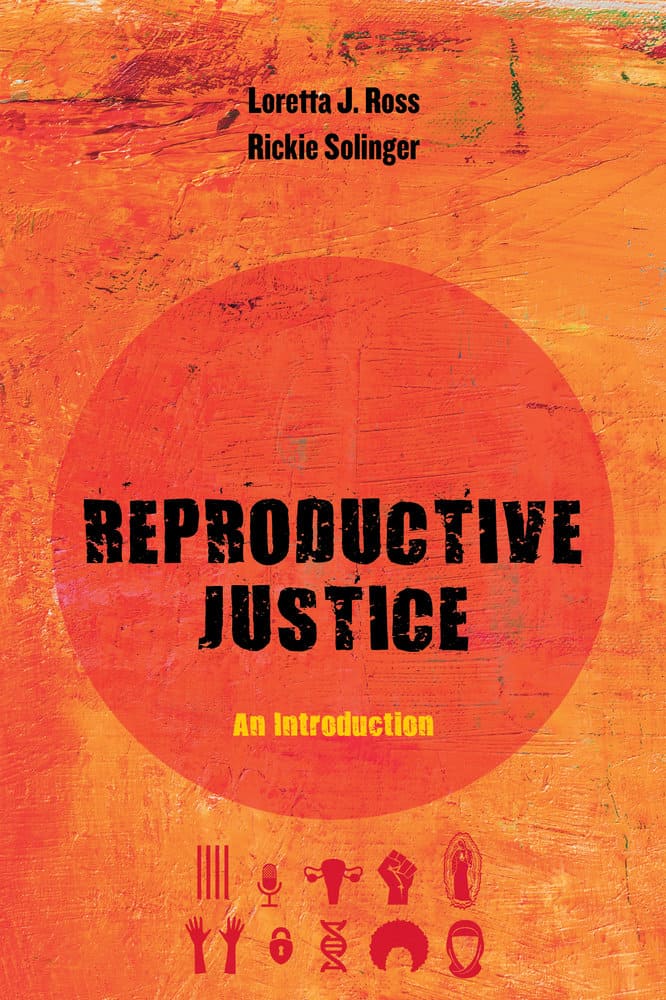 Reproductive Justice: An Introduction
Reproductive Justice: An Introduction
By Loretta J. Ross and Rickie Solinger
Written by two legendary scholar-activists, Reproductive Justice introduces students to an intersectional analysis of race, class, and gender politics. Loretta J. Ross and Rickie Solinger put the lives and lived experience of women of color at the center of the book and use a human rights analysis to show how the discussion around reproductive justice differs significantly from the pro-choice/anti-abortion debates that have long dominated the headlines and mainstream political conflict. In a period in which women’s reproductive lives are imperiled, this book is an essential guide to understanding and mobilizing around women’s human rights in the twenty-first century.
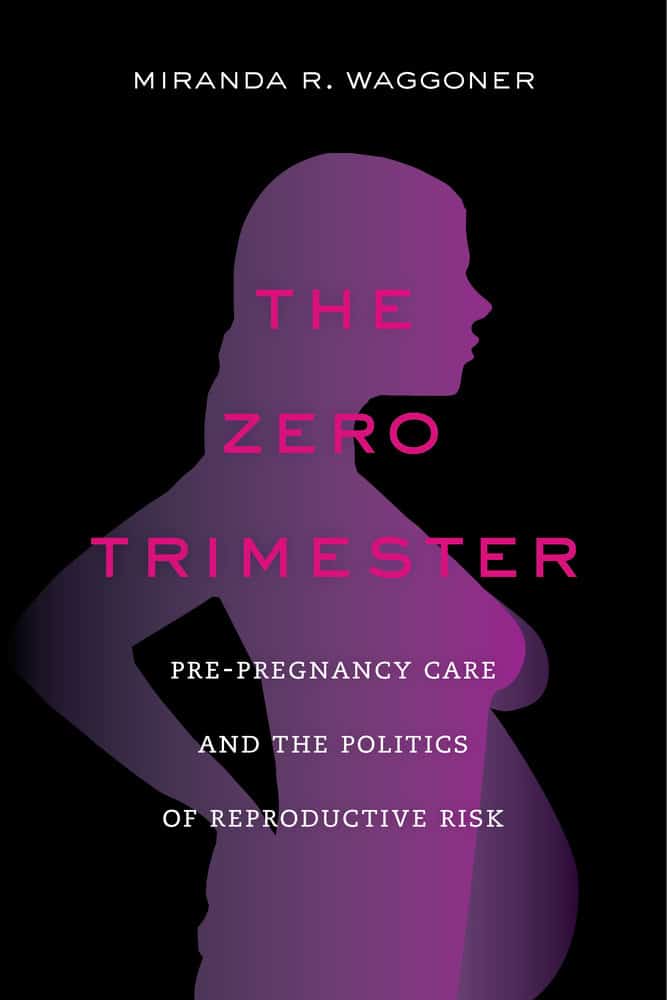 The Zero Trimester: Pre-Pregnancy Care and the Politics of Reproductive Risk
The Zero Trimester: Pre-Pregnancy Care and the Politics of Reproductive Risk
By Miranda R. Waggoner
Public health messages encourage women of reproductive age to anticipate motherhood and prepare their bodies for healthy reproduction—even when pregnancy is not on the horizon. Some experts believe a pre-pregnancy care model reduces risk and ensures better birth outcomes than the prenatal care model. Others believe it represents yet another attempt to control women’s bodies. Waggoner shows how the zero trimester rose alongside shifts in medical and public health priorities, contentious reproductive politics, and the changing realities of women’s lives. Waggoner argues that the zero trimester is not simply related to medical and health concerns; it also reflects the power of culture and social ideologies to shape both population health imperatives and women’s bodily experiences.
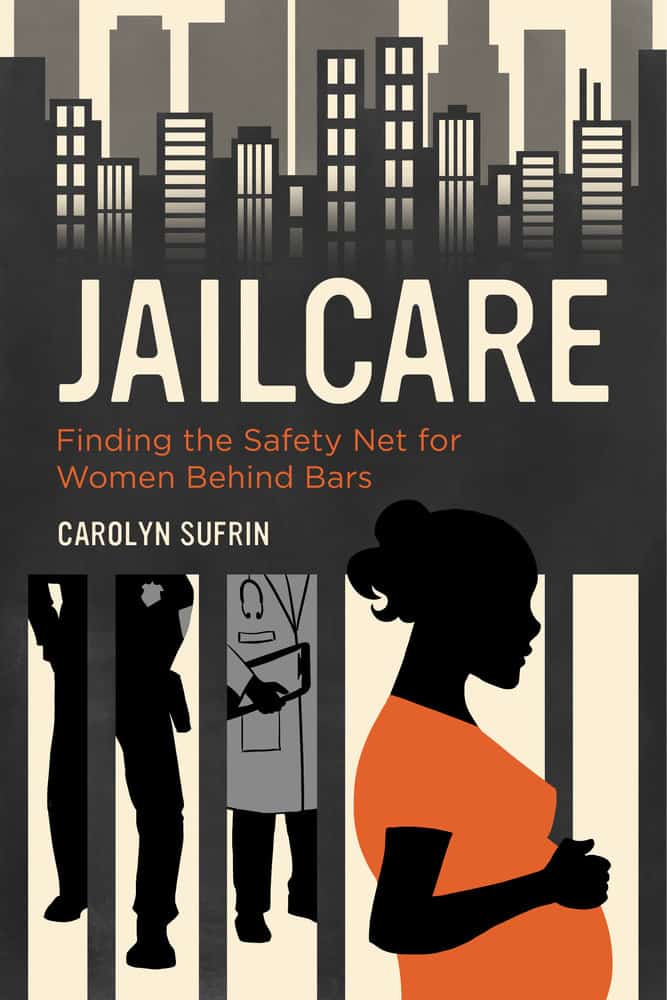 Jailcare: Finding the Safety Net for Women behind Bars
Jailcare: Finding the Safety Net for Women behind Bars
By Carolyn Sufrin
In this time when the public safety net is frayed, incarceration has become a central and racialized strategy for managing the poor. Using her ethnographic fieldwork and clinical work as an ob-gyn in a women’s jail, Carolyn Sufrin explores how jail has, paradoxically, become a place where women can find care. Focusing on the experiences of incarcerated pregnant women and the practices of the jail guards and health providers, Jailcare describes the contradictory ways that care and maternal identity emerge within a punitive space presumed to be devoid of care. Sufrin argues that when understood in the context of the poverty, addiction, violence, and racial oppression that characterize these women’s lives and their reproduction, jail can become a safety net for women on the margins of society.
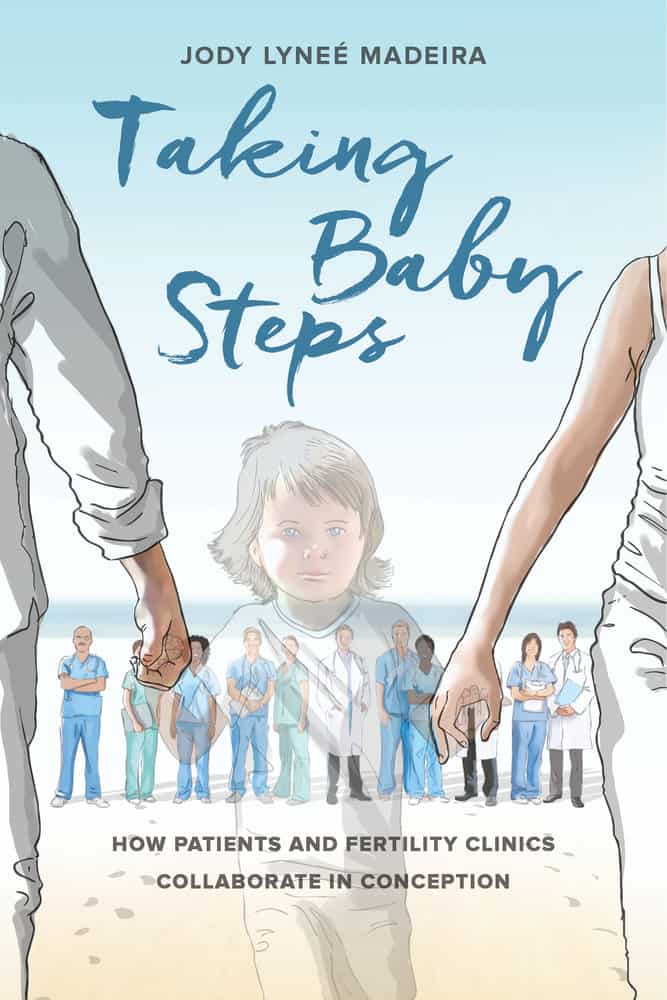 Taking Baby Steps: How Patients and Fertility Clinics Collaborate in Conception
Taking Baby Steps: How Patients and Fertility Clinics Collaborate in Conception
By Jody Lyneé Madeira
In Taking Baby Steps, Jody Lyneé Madeira takes readers inside the infertility experience, from dealing with infertility-related emotions to forming treatment relationships with medical professionals and confronting difficult medical decisions. Based on hundreds of interviews, this book investigates how women, men, and medical professionals negotiate infertility’s rocky terrain to create life and build families—a journey across personal, medical, legal, and ethical minefields that can test mental and physical health, friendships and marriages, spirituality, and financial security.
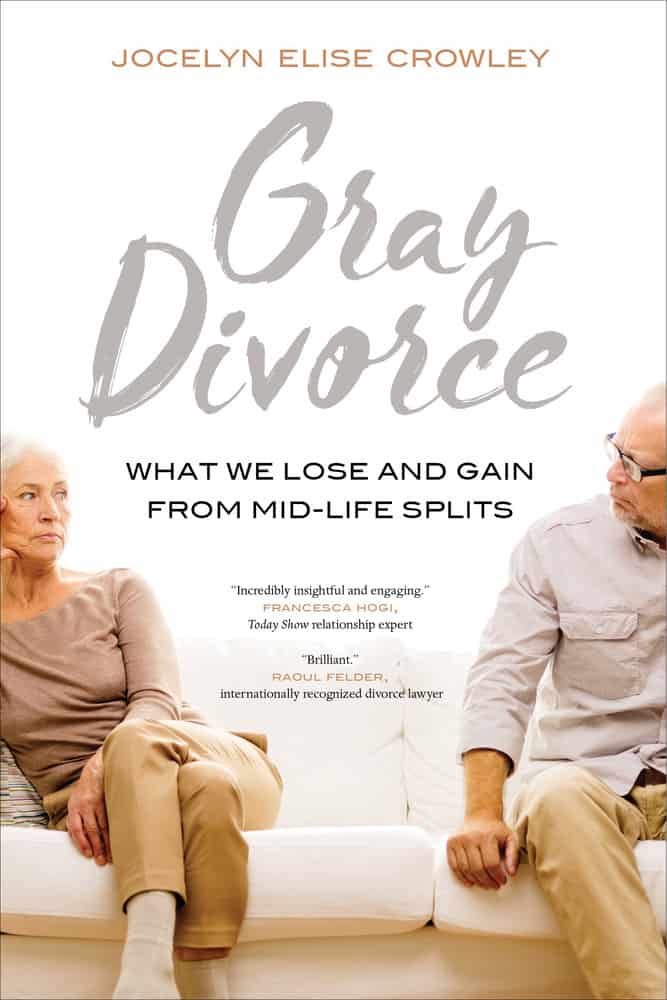 Gray Divorce: What We Lose and Gain from Mid-Life Splits
Gray Divorce: What We Lose and Gain from Mid-Life Splits
By Jocelyn Elise Crowley
Gray Divorce is a provocative look at the rising rate of marital splits after the age of 50. From the outside, many may ask why couples in mid-life and readying for retirement choose to make a drastic change in their marital status. Yet, nearly one out of every four divorces in the U.S. is “gray.” Renowned author and researcher Jocelyn Elise Crowley uncovers the reasons why men and women divorce—and the penalties and benefits they receive for their choices. She analyzes the differing experiences of women and men in this transition—the seismic shift in individual priorities, the role of increased life expectancy, and how women are affected economically while men are affected socially. With a realistic yet passionate voice, Crowley shares the personal positive outlooks and the necessary supportive public policies that must be enacted to best help the newly divorced.

